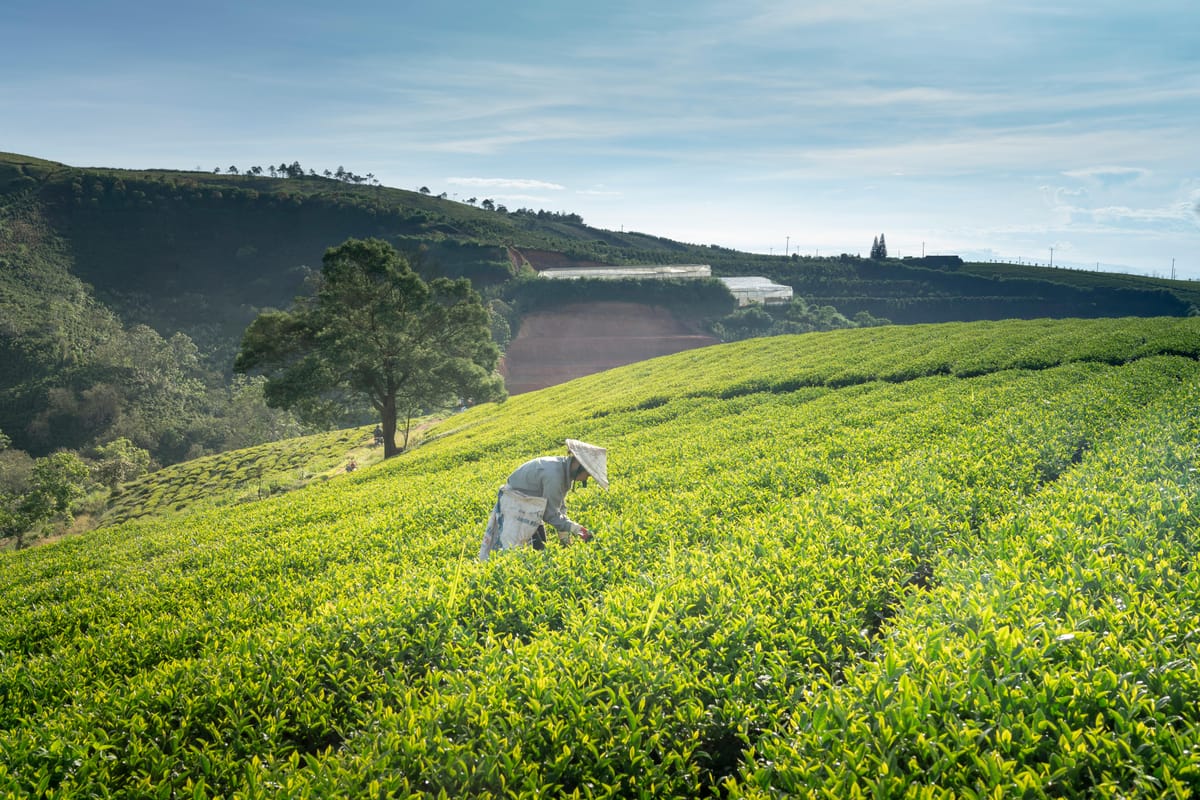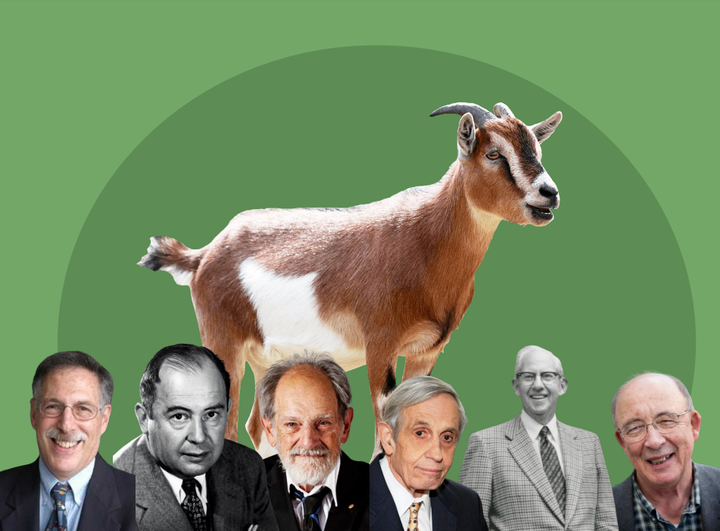What is Development Economics
What is development economics, and how does this field of economics go beyond traditional areas like central banking and inflation? Why is the study of development economics essential in today’s world, and what benefits can one gain from pursuing it?

By: Julian Olsen-Pendergast
As a self-proclaimed development economist, my friends and family will tell you how much I love to talk about the field’s importance and its ability to shift one’s perspective on the significance of equity in the world around us. Simply put, development economics is a branch of economics focused on understanding the unequal states of development and well-being that characterise our world today. At its core development economics involves researching how development has occurred in the past and studying how actions taken by individuals and governments can promote development in the future.
What do I mean by development? Unlike what many might initially think—though forgive the clunky way this sounds—development in the context of development economics is not limited to just economic growth or economic development. Instead, it encompasses an extremely broad range of categories, from social development to institutional development. The systems that surround every moment of our lives from infrastructure and access to health care shape our development and can be altered or improved to promote better development outcomes in the future.
And here lies the beauty of development economics. While it differs from other fields, such as the standard microeconomic heuristics or macroeconomic concerns like monetary policy and inflation, development economics draws on all of these findings and applies them to the broader context of our world. It incorporates questions from macroeconomics, such as the role of savings rates in the Solow growth model, to better understand why development is so unequal in different regions. At the same time, it utilises microeconomics to explore how individual cultural beliefs shape economic behaviours, such as bargaining dynamics.
With this understanding of development as a two-sided coin—where the past shapes the present and the present influences the future—it is no surprise that development economists have a profound and meaningful impact on global decisions. Whether through academic research that examines the developmental impacts of government or NGO policies, or through the creation and implementation of these policies, their work plays a critical role in shaping our world.
So how did I get introduced to development economics without the aid of an article? It all began in my first year of my undergraduate economics degree with an assignment. A mandatory class I attended was called the History of Economics—a fascinating course that examined key figures in the field, from the founding father of economics (not God) Adam Smith to David Ricardo. The assignment at the end of the term required us to explore the causes of Africa's underdevelopment prior to European colonisation from the perspective of Karl Marx. After spending countless hours researching and writing, I was hooked. I realized I wanted to be an economist, but I didn’t yet know that I needed to be a development economist. My next two opportunities to study development economics during my undergraduate degree coincidentally came about at the same time. In my final year, I chose to enroll in both Development Economics and submitted my thesis topic focused on development economics in Africa. Those were the best two decisions I made, and I encourage you to make them too.
Allow me the indulgence of a little sales pitch: Studying development economics presents an amazing opportunity to develop the analytical and critical skills necessary to grasp the complexities of our current economic climate, whether in academia or as a practicing economist. This field equips you with the tools to evaluate different policy approaches and engage thoughtfully with the pressing issues that shape our world. By focusing on increasingly important skills in development work, such as quantitative training, it allows you to access, process, and interpret a variety of data effectively. This foundational knowledge not only prepares you for practical application but also sets the stage for those interested in pursuing academic research in development economics.
In essence, the study of development economics goes beyond theory; it is about understanding the intricate systems that impact our lives and how we can improve them for a better future. It invites you to engage with the realities of inequality, poverty, and social justice, ultimately empowering you to contribute meaningfully to global discussions. I wholeheartedly encourage you to take this path. Embrace the journey of development economics and discover how your insights and actions can make a difference in the world around you.


